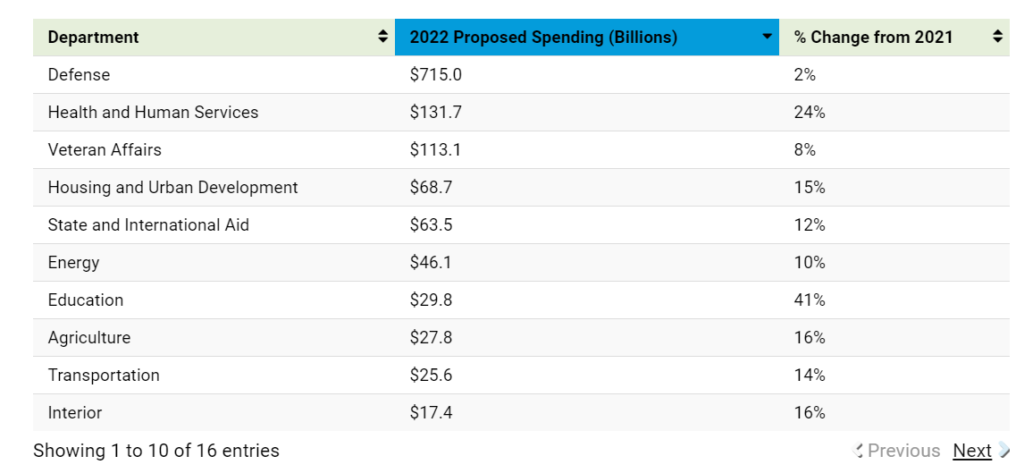Excerpt:
On the eve of President Joe Biden’s virtual climate change summit with approximately 40 other world leaders and the fifty-first anniversary of Earth Day, a new alliance of 160 financial institutions was formed to achieve net zero by 2050 or sooner.
The Glasgow Financial Alliance for Net Zero (GFANZ) consists of three separate groups representing different sectors of the financial universe — the Net Zero Banking Alliance (NZBA), comprising 43 banks from 23 countries including Bank of America, Citi and Morgan Stanley in the U.S.; the Net Zero Asset Managers Alliance of 87 firms, including BlackRock, Vanguard, Allianz Global Advisors, Invesco and State Street Global Advisors and Trillium Asset Management, which joined Wednesday; and the 37-member UN-Convened Net Zero Owners Alliance, which includes the David Rockefeller Fund and the California Public Employees’ Retirement System (CalPERS).
Author(s): Bernice Napach
Publication Date: 21 April 2021
Publication Site: Think Advisor

